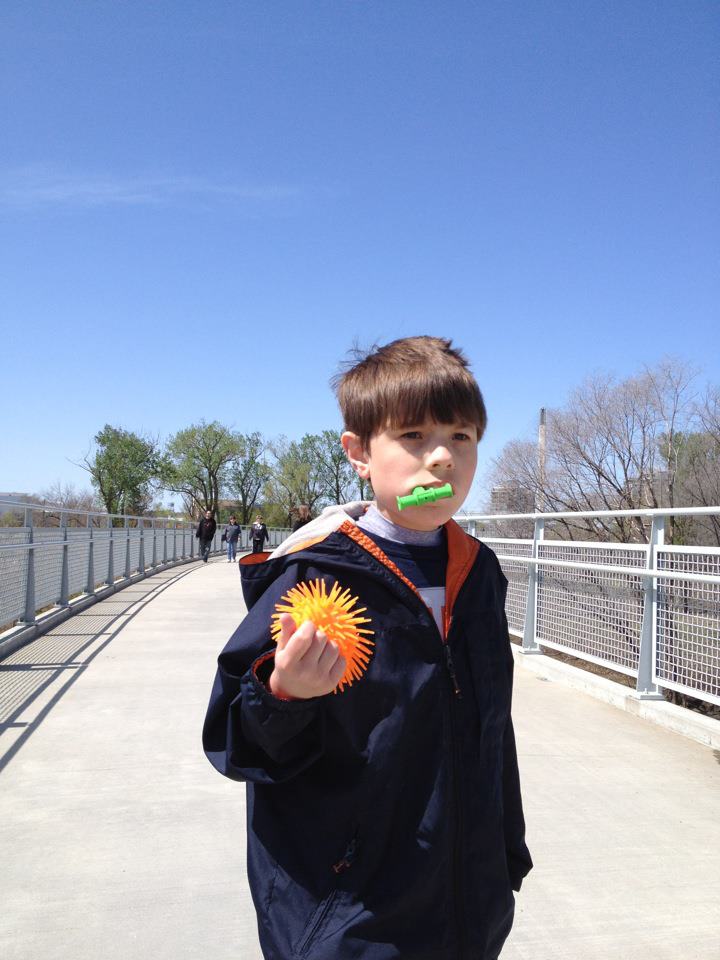What is autism?
 Autism Spectrum Disorder (ASD) is a neurobehavioral disorder impacting an individual’s development in two primary domains: social communication, and restricted and repetitive behavior. The diagnoses of autistic disorder, Asperger’s syndrome, and pervasive developmental disorder were collapsed to a single diagnosis of ASD with the release of the DSM-V in 2013.
Autism Spectrum Disorder (ASD) is a neurobehavioral disorder impacting an individual’s development in two primary domains: social communication, and restricted and repetitive behavior. The diagnoses of autistic disorder, Asperger’s syndrome, and pervasive developmental disorder were collapsed to a single diagnosis of ASD with the release of the DSM-V in 2013.
In order to qualify for a diagnosis of ASD, deficits must be observed across both of the primary domains. In the area of social communication, deficits may exist in the areas of social-emotional reciprocity, nonverbal communication and relationships. In the area of restricted and repetitive behavior, deficits may exist in the areas of stereotyped or repetitive behavior, insistence on sameness, circumscribed interests, and atypical reactions to sensory input. For an individual to qualify for a diagnosis, these deficits must occur in multiple contexts including, for example, home, school, and job. The deficits can be current concerns or they may be described as part of the individual’s developmental history.
Signs and Symptoms
ASDs begin before the age of 3 and last throughout a person’s life, although symptoms may improve over time. Some children with an ASD show hints of future problems within the first few months of life. In others, symptoms might not show up until 24 months or later. Some children with an ASD seem to develop normally until around 18 to 24 months of age and then they stop gaining new skills, or they lose the skills they once had.
A person with and ASD might:
- Not respond to their name by 12 months
- Not point at objects to show interest (point at an airplane flying over) by 14 months
- not play “pretend” games (pretend to “feed” a doll) by 18 months
- Avoid eye contact and want to be alone
- Have trouble understanding other people’s feelings or talking about their own feelings
- Have delayed speech and language skills
- Repeat words or phrases over and over (echolalia)
- Give unrelated answers to questions
- Get upset by minor changes
- Have obsessive interests
- Flap their hands, rock their body, or spin in circles
- Have unusual reactions to the way things sound, smell, taste, look, or feel
Information from CDC.GOV
